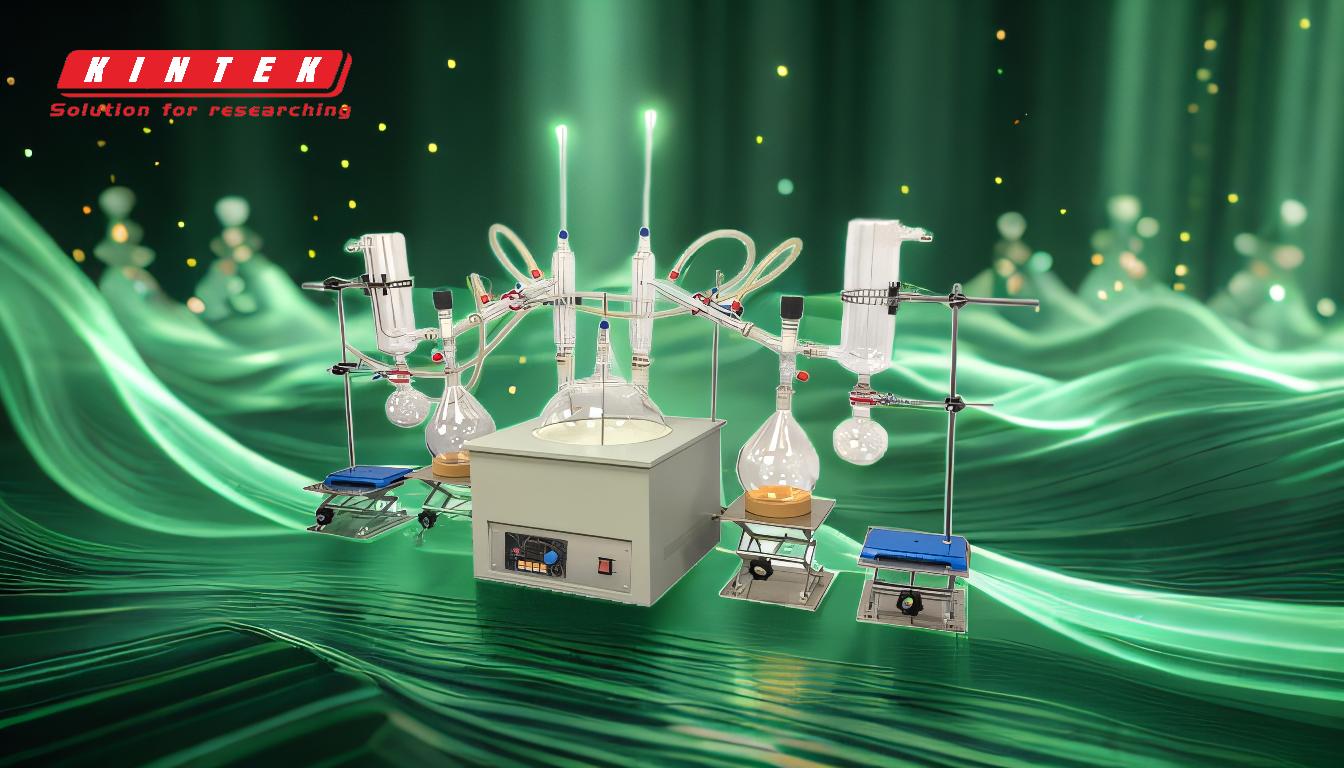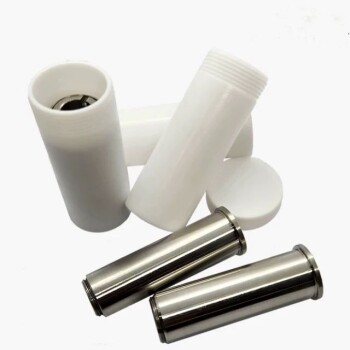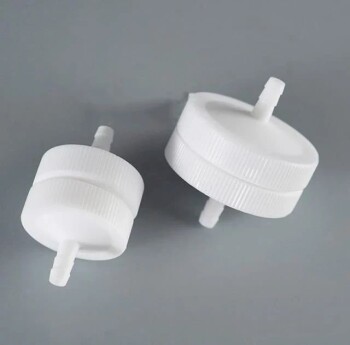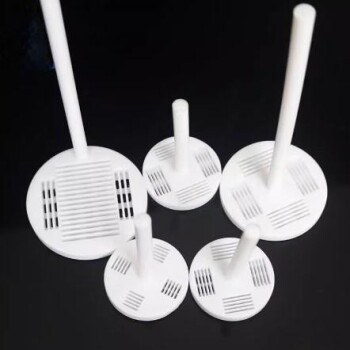Vacuum distillation is highly effective for heat-sensitive liquids due to its ability to operate at significantly lower temperatures than traditional distillation methods. By reducing the pressure in the system, the boiling points of the liquids are lowered, allowing them to evaporate and condense without being exposed to high temperatures that could cause thermal degradation. This process is particularly beneficial for materials that are sensitive to heat or have high boiling points, as it minimizes the risk of decomposition or oxidation. Additionally, the short residence time of the materials in the system further ensures their integrity, making vacuum distillation a preferred method in industries like pharmaceuticals and chemicals for purifying sensitive compounds.
Key Points Explained:

-
Lower Boiling Points Under Vacuum:
- Vacuum distillation operates at pressures significantly below atmospheric pressure, which reduces the boiling points of liquids.
- This allows heat-sensitive materials to evaporate and condense at much lower temperatures, preventing thermal degradation.
- For example, a compound that might boil at 200°C at atmospheric pressure could boil at 100°C or lower under vacuum conditions.
-
Short Residence Time:
- The process ensures that the materials spend minimal time in the system, reducing exposure to heat.
- This is achieved through the creation of a thin, mechanically agitated product film on the heating surface, which promotes rapid evaporation and condensation.
- Short residence time is critical for preserving the integrity of heat-sensitive compounds, as prolonged exposure to heat can lead to decomposition or oxidation.
-
Gentle Thermal Treatment:
- Vacuum distillation is designed to handle high-boiling-point and heat-sensitive materials gently.
- By operating at temperatures far below the material's boiling point, the process avoids thermal stress and degradation.
- This is particularly important in industries like pharmaceuticals, where the purity and stability of compounds are paramount.
-
Efficient Separation and Purification:
- The process allows for the separation of compounds with very high purity levels.
- The vapor produced during distillation is efficiently condensed and reliquefied, ensuring that the final product is free from impurities.
- This makes vacuum distillation a valuable tool for processing heat-sensitive or high-boiling-point liquids in industries such as chemicals and pharmaceuticals.
-
Energy Efficiency:
- Vacuum distillation is energy-efficient because it operates at lower temperatures and pressures.
- The wiping mechanism used in the process offers high evaporation efficiency, ensuring that energy is used effectively.
- This results in increased productivity and cost savings, making it an attractive option for industrial applications.
-
Applications in Sensitive Industries:
- Vacuum distillation is widely used in industries that require the purification of heat-sensitive or high-boiling-point liquids.
- In the pharmaceutical industry, it is used to purify active pharmaceutical ingredients (APIs) without compromising their stability.
- In the chemical industry, it is employed to separate and purify compounds that would otherwise degrade at higher temperatures.
By leveraging these principles, vacuum distillation provides a reliable and efficient method for processing heat-sensitive liquids while maintaining their quality and integrity.
Summary Table:
| Key Benefit | Explanation |
|---|---|
| Lower Boiling Points Under Vacuum | Boiling points of liquids are reduced, preventing thermal degradation. |
| Short Residence Time | Minimal exposure to heat ensures material integrity. |
| Gentle Thermal Treatment | Operates at lower temperatures to avoid thermal stress. |
| Efficient Separation | High-purity separation of compounds, ideal for sensitive materials. |
| Energy Efficiency | Lower temperatures and pressures save energy and reduce costs. |
| Sensitive Industry Applications | Widely used in pharmaceuticals and chemicals for purifying heat-sensitive compounds. |
Learn how vacuum distillation can protect your heat-sensitive materials—contact us today!















